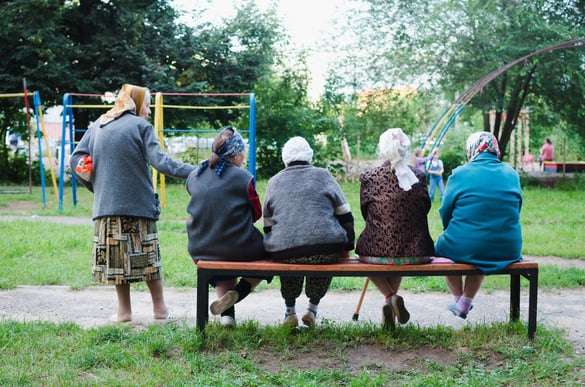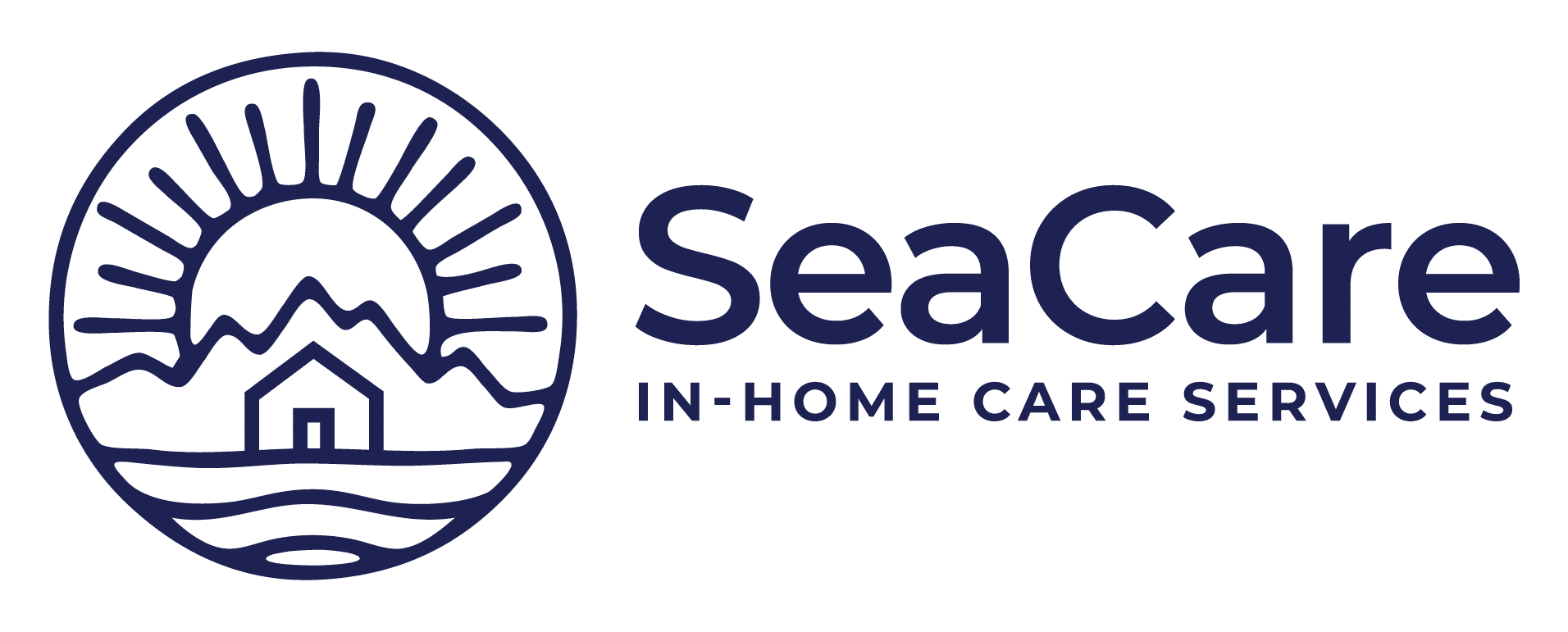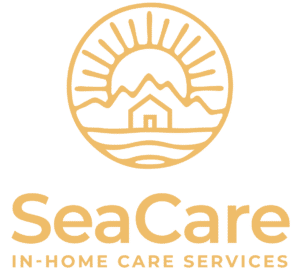5 Ways to reduce your cancer risk as a caregiver
by Megan Marolf | Sep 13, 2021 | senior health, caregiver burnout, caregiver stress | 0 Comments
Recognizing health risks for caregivers
As a caregiver, you probably have a full-time job and a busy schedule on top of your caregiving duties. With all this responsibility, it’s no wonder that caregiving and stress can go hand-in-hand.
According to the Office on Women’s Health, caregivers report higher levels of stress than those who don't have the responsibility.
Most caregivers are women, and they spend 50% more time doing caregiver duties than men who are caregivers.
Short-term stress is one thing.
This type of stress is something that most of us experience, whether it’s before a work presentation or while stuck in traffic on your afternoon commute. But long-term stress can dampen our immune system’s response to illness and in the long-term can lead to diseases like cancer.
Signs of caregiver stress:
- Losing interest in your favorite activities or hobbies
- Sleeping too much or too little
- Losing or gaining a lot of weight
- Feeling overwhelmed
- Becoming easily irritated or feeling angry
Those are just a few of the signs to recognize.
Long term stress can lead to serious health problems and increase your cancer risk. Caregivers tend to be more vulnerable to these health issues based on the levels of stress they deal with on a daily basis.
Some of these health issues include:
- Depression and anxiety- Women who are caregivers are more likely to experience depression and anxiety, which can lead to heart disease and stroke over time.
- Weakened immune system- “Stressed caregivers may have weaker immune systems than non caregivers and spend more days sick with the cold or flu,” according to the Office on Women’s Health.
- Higher risk for chronic disease- Combined with depression, high levels of stress can be contributing factors to types of cancer, diabetes and arthritis.
1. Manage caregiver stress
There are only so many things you can control as a caregiver.
You might not be able to change the outcome of your loved ones treatment or their overall health. And maybe you can’t change the amount of responsibility you hold in your life.
But, you can start managing your stress as a caregiver by asking for help, and by offloading some of your responsibilities.
Check out our past blog on avoiding caregiver burnout to avoid unmanageable levels of stress. We share tips on how to spread out some of the responsibilities of caregiving and how to steal away time for yourself.
Joining a support group can also be a great place to start if you’re not ready for therapy, or in conjunction with therapy. A psychologist can help teach you ways to manage stress in a healthy way, and draw a connection between your thoughts, emotions and behaviors according to the MD Anderson Center.

2. Reduce your alcohol intake
Ironically, it’s when we’re stressed that most of us want to drink more, therefore increasing our cancer risk even more.
Since the start of the pandemic, a poll from the American Psychological Foundation found that almost a quarter of all adults in the U.S. have been drinking more alcohol than usual to cope with stress.
A recent article in AARP cited a study from Lancet Oncology, which found that almost 4% of new cancers diagnosed in 2020 could be attributed to alcohol use. Drinking alcohol raises your risk of 6 types of cancer in particular, including breast and colon cancer.
What could be considered good news is that your cancer risk increases with the amount of alcohol you consume. Meaning that you can lower your cancer risk just by drinking less.
“Because cancer is more common later in life, drinking responsibly may be more crucial for older people who want to lower their risks,” according to the article.
As a caregiver, it’s so important to find other ways to manage stress than drinking.
Getting more exercise and prioritizing social activities is a good place to start.
3. Get exercise
Exercise may be the first thing to go when your caregiving duties tip in the direction of “too much to handle.”
But exercise can be one of the most important factors in lowering your cancer risk.
Thin people who don’t exercise face a greater risk of breast cancer than people who are overweight and exercise. This is especially true for women, who are at greater risk of getting breast cancer if they lead sedentary lifestyles.
But overweight and obese also increases your cancer risk, which reinforces the importance of being active. Exercising also improves mental health, adding another reason to get moving.
We’re lucky to live in the Pacific Northwest, with its abundance of outdoor opportunities.
Check out our list of accessible walks for seniors and caregivers HERE.
4. Be social

There are numerous studies out there drawing a link between loneliness and isolation, and an increased risk of cancer.
Loneliness can increase the levels of cortisol in your body, which is the hormone our bodies create under stress. Higher cortisol levels can lead to inflammation and weight gain, among other health issues.
It’s especially important as a caregiver to fall back on a strong social network when times get tough, or to avoid the point of overwhelm.
5. Work with SeaCare
Hiring a caregiver from a trusted in-home care company can help relieve you of your caregiving duties, even if just for one day a week.
Give us a call to discuss your options with a member of our care team.
Megan Marolf writes about senior topics and outdoor recreation from her home base in Seattle. You can read more about her here.
Resources:
https://www.womenshealth.gov/a-z-topics/caregiver-stress
https://www.cigna.com/individuals-families/health-wellness/chronic-loneliness
If you or a loved one you know are looking for additional support during this time and are interested in scheduling a free in-home assessment, please contact SeaCare In-Home Care Services today! A SeaCare family member is standing by. 425-559-4339.




0 Comments